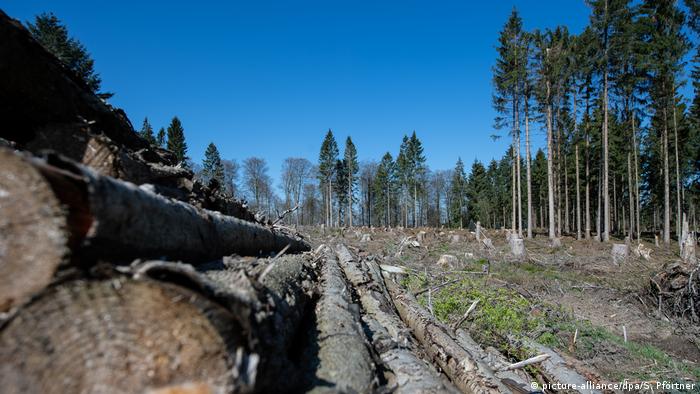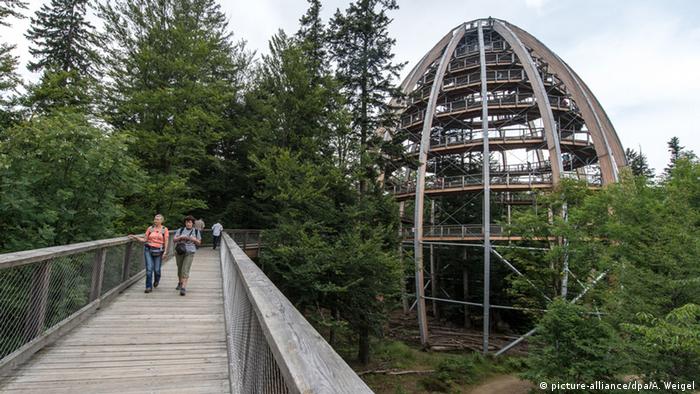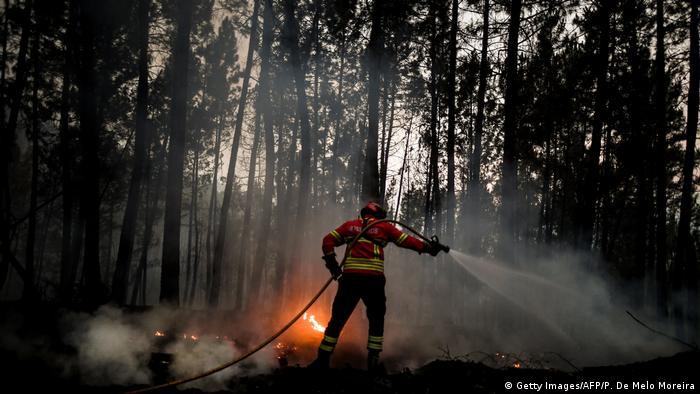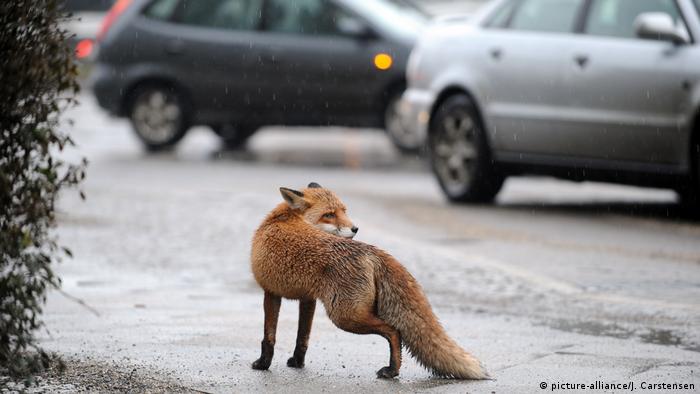Simone Biles cites racism in gymnasts, support for protests

Simone Biles said she believes Black Lives Matter protests against police brutality and racial inequality this summer in the United States are "working." File Photo by Terry Schmitt/UPI | License Photo
July 23 (UPI) -- Team USA's Simone Biles says she was just 16 when she first dealt with racism on the gymnastics circuit. The four-time Olympic gold medalist now is one of the most-prominent athletes in support of the Black Lives Matter movement.
Biles, 23, spoke about her experience Thursday on Today. She also detailed the racism in an article for Vogue. Biles was scheduled to compete in the Summer Games this year in Tokyo before the Olympics was postponed until 2021 due to the pandemic.
"I didn't really notice racism until 2013," Biles said on Today. "I was on a world scene, and what made the news was, another gymnast saying that if we painted our skin black maybe we would all win because I had beaten her out of beam medal, and she got upset.
"That [was] really the news, rather than me winning worlds."
RELATED Watch: Simone Biles shows off Olympic form with rare gymnastic move
Biles became the first Black woman to win the all-around title at the 2013 World Championships in Antwerp, Belgium. After the event, Italian gymnast Carlotta Ferlito told a teammate: "Next time we'll have our skin black also so we can win, too."
Ferlito later apologized for the comment and said she didn't want to "sound rude or racist."
Gymnastics superstar @Simone_Biles talks about how she keeps her head in the game amid the postponed 2020 #TokyoOlympics.
RELATED USA Gymnastics offers Larry Nassar survivors $215M to settle lawsuits
"Training has been a little bit different, it's been crazy ...but going in everyday knowing and hoping that 2021 is on the horizon keeps me going." pic.twitter.com/EbEjVwdcrA— TODAY (@TODAYshow) July 23, 2020
"Other than that, it happens every day, and I feel like every Black athlete or colored athlete can say that they've experienced it through their career," Biles told Today. "But you just have to keep going for those little ones looking up to us. It doesn't matter what you look like. You can strive for greatness, and you can be great."
Biles continued to use her voice to support the Black Lives Matter movement on social media amid unrest in the United States after the deaths of George Floyd and Breonna Taylor. She spoke about the protests in her interview with Vogue.
"Training has been a little bit different, it's been crazy ...but going in everyday knowing and hoping that 2021 is on the horizon keeps me going." pic.twitter.com/EbEjVwdcrA— TODAY (@TODAYshow) July 23, 2020
"Other than that, it happens every day, and I feel like every Black athlete or colored athlete can say that they've experienced it through their career," Biles told Today. "But you just have to keep going for those little ones looking up to us. It doesn't matter what you look like. You can strive for greatness, and you can be great."
Biles continued to use her voice to support the Black Lives Matter movement on social media amid unrest in the United States after the deaths of George Floyd and Breonna Taylor. She spoke about the protests in her interview with Vogue.
RELATED Simone Biles, 22, wins record 25th world gymnastics medal
"We need change," Biles said. "We need justice for the Black community. With the peaceful protests it's the start of change, but it's sad that it took all of this for people to listen.
"Racism and injustice have existed for years with the Black community. How many times has this happened before we had cell phones?"
Biles also cited former San Francisco 49ers quarterback Colin Kaepernick's protests against racial inequality and police brutality.
"We tried peaceful protesting. Then Colin Kaepernick -- he lost his job. He lost his career," Biles said. "They took his whole entire career away from that poor man. And look at us now.
"It's working. You just have to be the first and people will follow."
The Summer Games now are scheduled to start July 23, 2021, in Tokyo. Biles cried after she learned the Summer Games were postponed, but now believes organizers made the correct call amid coronavirus outbreaks around the work.
"Ultimately it was the right decision," Biles said.












